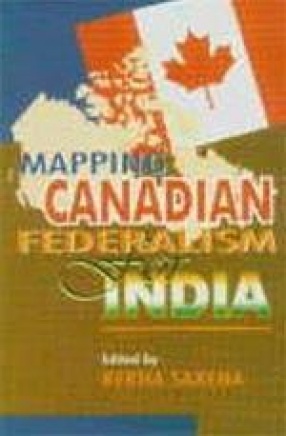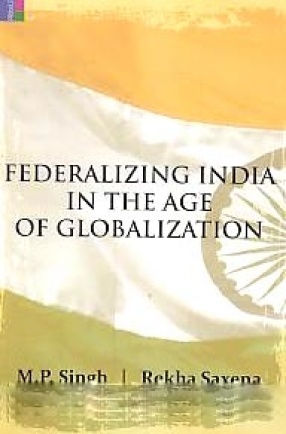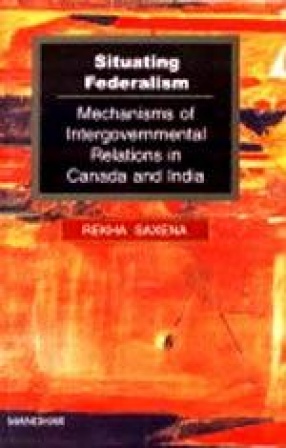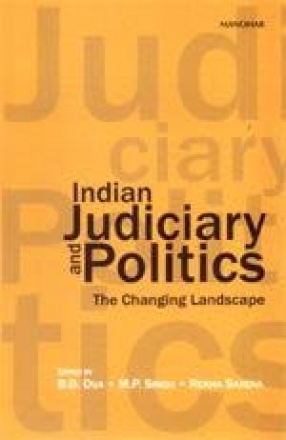
Rekha Saxena

Showing all 8 books




Canada was the first nation in the British Commonwealth to have combined parliamentary and federal principles of government in 1867. India was the first nation in the Afro-Asian World to have attempted the same in 1950. The noted Canadian expert of comparative federalism, Ronald Watts, classifies both these political systems as what he calls "parliamentary federal systems". Though situated on the other sides of the globe and at different levels of ...

India has generally been credited with maintaining the constitutional regime established since independence. In this successful political experiment, the procedural values of democracy, free and fair elections, judicial integrity and activism and paradigm-shifts in politics and the economy with a reasonable degree of consensus, stand out as major areas of relative achievements. Elections have become particularly more frequent since 1989. There have been four Lok ...

Canada in 1867 and India in 1950 adopted constitutions broadly similar in principle to the Westminster model prevalent in England but with the modification that they added on to a parliamentary framework of a federal component. Federalism created at least two orders of governments at the union and state levels with shared and demarcated jurisdictions. This feature of the governments in the two countries entailed the necessity of mechanisms of intergovernmental ...

It examines criminality of women in a sociological perspective covering socio-cultural and socio-economic dimensions of conviced women offenders.


Few will deny that the post-emergency higher judiciary in India has earned widespread public acclaim for its innovate and creative jurisprudence, notwithstanding the argument advanced by some critics that it has exercised excessive jurisdiction, transgressing at times the executive and legislative domains, country to the original 'checks and balances' design of the Constitution. While the issue of judicial restraint in the context deserves serious attention, the ...
